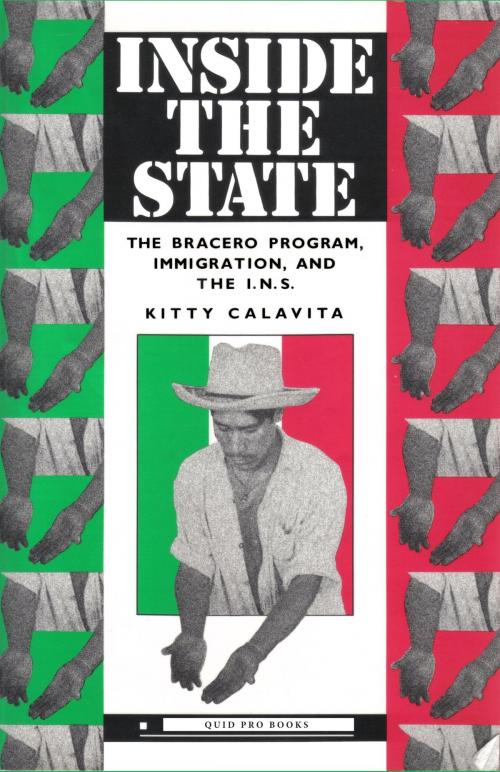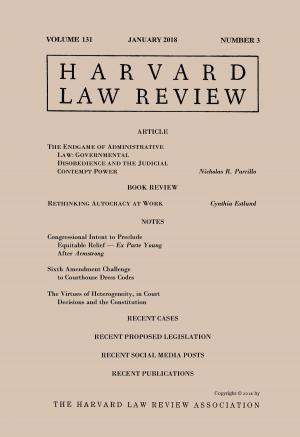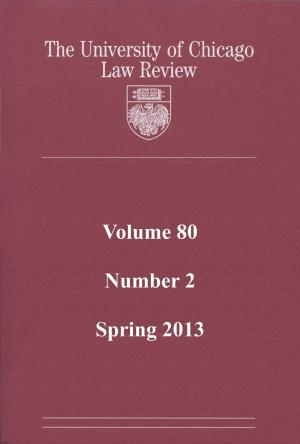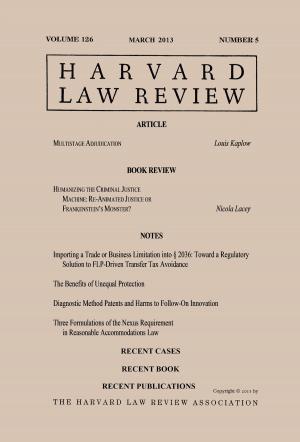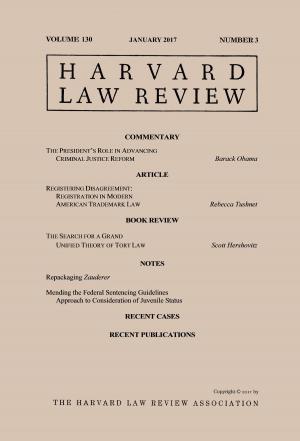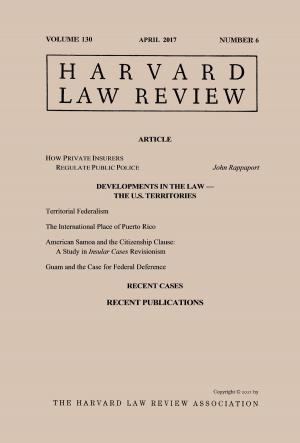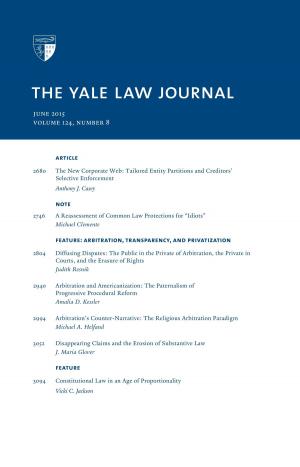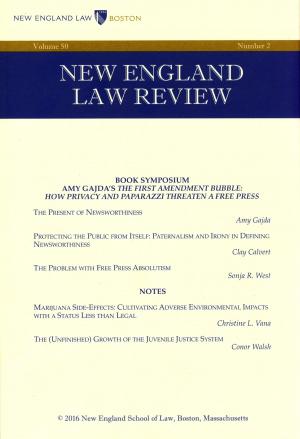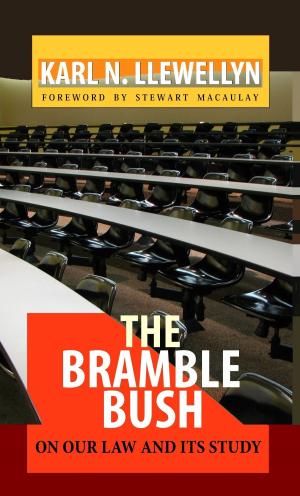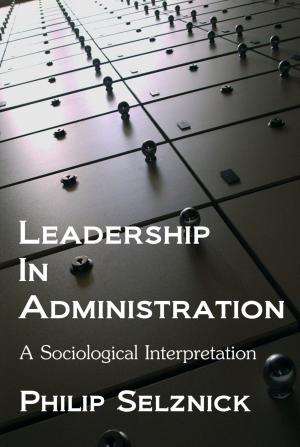Inside the State: The Bracero Program, Immigration, and the I.N.S.
Nonfiction, Reference & Language, Law, Civil Rights, Social & Cultural Studies, Social Science, Cultural Studies, Emigration & Immigration| Author: | Kitty Calavita | ISBN: | 9781610270014 |
| Publisher: | Quid Pro, LLC | Publication: | July 12, 2010 |
| Imprint: | Smashwords Edition | Language: | English |
| Author: | Kitty Calavita |
| ISBN: | 9781610270014 |
| Publisher: | Quid Pro, LLC |
| Publication: | July 12, 2010 |
| Imprint: | Smashwords Edition |
| Language: | English |
The acclaimed socio-legal study of the Bracero labor program, why it failed, and what that means to immigration policy and organizational theory. By Kitty Calavita, professor of criminology, law and society at UC-Irvine and author of 'Invitation to Law & Society' (U. of Chicago, 2010), now with her new Foreword, to update the reader.
Professor Calavita unearthed INS and Congressional records, and conducted extensive personal interviews of the people involved, to figure out why this program of temporary farmworkers, which dominated for more than two decades in the Southwest U.S., collapsed. Her findings tell us much about the catch-22 of migration and refutes stereotypic political theory of agency "capture" to explain the program's demise. They also tell a fascinating methodological story of entrenched agencies and the sheer archaeology of stubborn research in the face of vested interests and agency inertia.
Adopted in many college classes over the years, and now available in its 2010 edition with the author's new Foreword, as part of the Classics of Law & Society Series: a classic book with continuing substantive and methodological value. As her Foreword notes, worries about immigration and labor persist (including new calls for guest worker programs), as does basic dysfunction of the present form of INS. Digging deeper reveals the persistence of a structural tension between popular perceptions of immigration, the need for agricultural labor, and the dynamics inside the state's administrative structures — in fact the human actors, she emphasizes — that deal with these controversial issues.
The Virtual Dustjacket, from the Previous Edition:
“This book is a beautifully researched and welcome addition to the emerging literature on administrative discretion and policymaking in the immigration area. It cuts deeply through previously unexplored terrains of data — both oral histories and Immigration Service archives. It should be of considerable interest to every scholar looking for informed discussion about the nature of official behavior in difficult political contexts.”
— Janet A. Gilboy, Research Fellow, American Bar Foundation
“Using original materials, this is a masterful, insightful account of the political and bureaucratic politics of one of our most controversial programs — the ‘braceros.’ Calavita sheds important light on the origins and history of the braceros program, the complicated role of the Immigration and Naturalization Service, the Departments of Justice, Labor, and Agriculture, and their relationship to local political and agricultural interests. She deals with the dilemmas and contradictions between the need for cheap labor and the regulation of immigration. In so doing, Calavita makes important empirical and theoretical advances in understanding the connections between law, regulation, political science, economics, and sociology. This is a major contribution to our understanding of public policy.”
— Joel F. Handler, Professor of Law, UCLA
The acclaimed socio-legal study of the Bracero labor program, why it failed, and what that means to immigration policy and organizational theory. By Kitty Calavita, professor of criminology, law and society at UC-Irvine and author of 'Invitation to Law & Society' (U. of Chicago, 2010), now with her new Foreword, to update the reader.
Professor Calavita unearthed INS and Congressional records, and conducted extensive personal interviews of the people involved, to figure out why this program of temporary farmworkers, which dominated for more than two decades in the Southwest U.S., collapsed. Her findings tell us much about the catch-22 of migration and refutes stereotypic political theory of agency "capture" to explain the program's demise. They also tell a fascinating methodological story of entrenched agencies and the sheer archaeology of stubborn research in the face of vested interests and agency inertia.
Adopted in many college classes over the years, and now available in its 2010 edition with the author's new Foreword, as part of the Classics of Law & Society Series: a classic book with continuing substantive and methodological value. As her Foreword notes, worries about immigration and labor persist (including new calls for guest worker programs), as does basic dysfunction of the present form of INS. Digging deeper reveals the persistence of a structural tension between popular perceptions of immigration, the need for agricultural labor, and the dynamics inside the state's administrative structures — in fact the human actors, she emphasizes — that deal with these controversial issues.
The Virtual Dustjacket, from the Previous Edition:
“This book is a beautifully researched and welcome addition to the emerging literature on administrative discretion and policymaking in the immigration area. It cuts deeply through previously unexplored terrains of data — both oral histories and Immigration Service archives. It should be of considerable interest to every scholar looking for informed discussion about the nature of official behavior in difficult political contexts.”
— Janet A. Gilboy, Research Fellow, American Bar Foundation
“Using original materials, this is a masterful, insightful account of the political and bureaucratic politics of one of our most controversial programs — the ‘braceros.’ Calavita sheds important light on the origins and history of the braceros program, the complicated role of the Immigration and Naturalization Service, the Departments of Justice, Labor, and Agriculture, and their relationship to local political and agricultural interests. She deals with the dilemmas and contradictions between the need for cheap labor and the regulation of immigration. In so doing, Calavita makes important empirical and theoretical advances in understanding the connections between law, regulation, political science, economics, and sociology. This is a major contribution to our understanding of public policy.”
— Joel F. Handler, Professor of Law, UCLA
